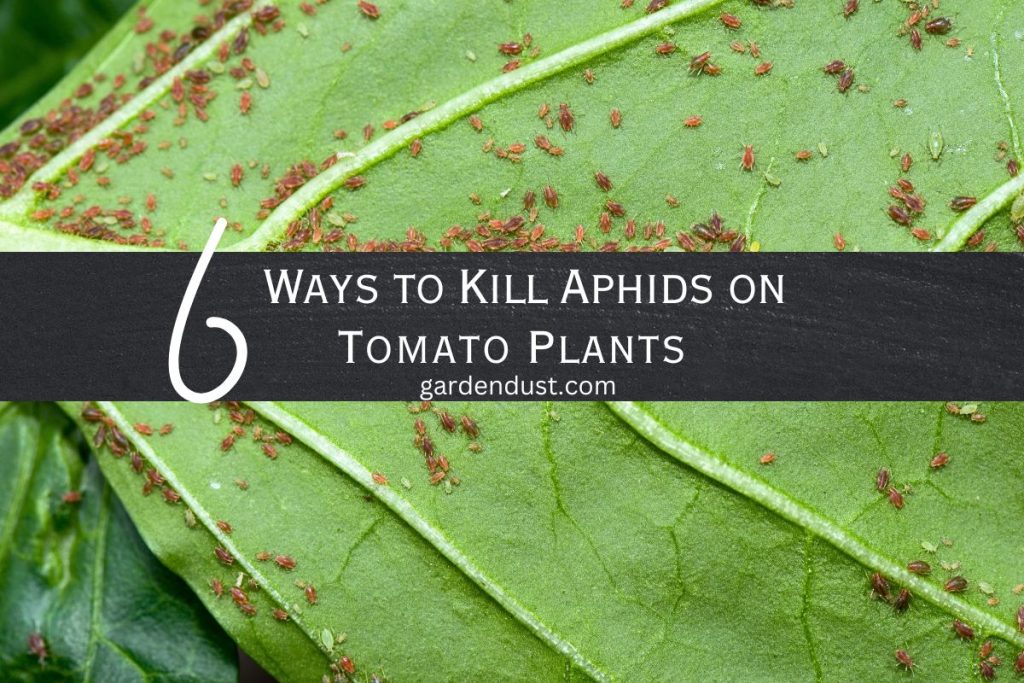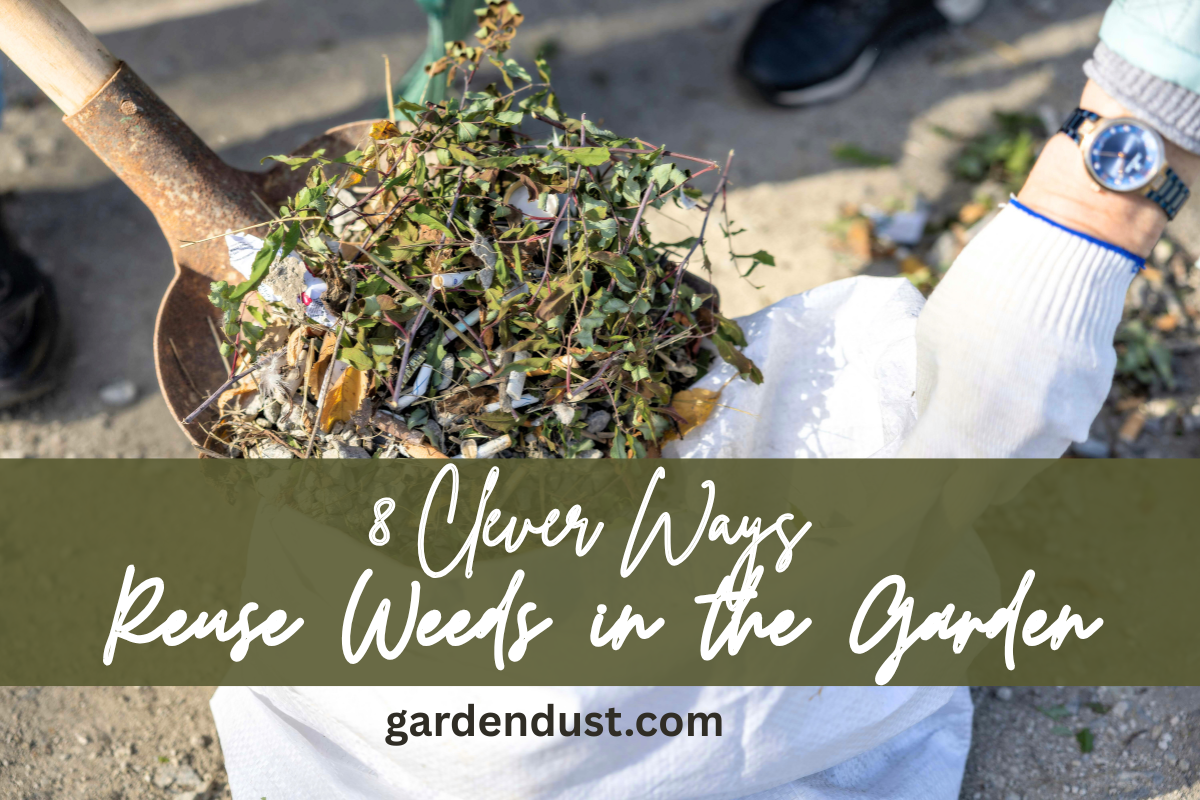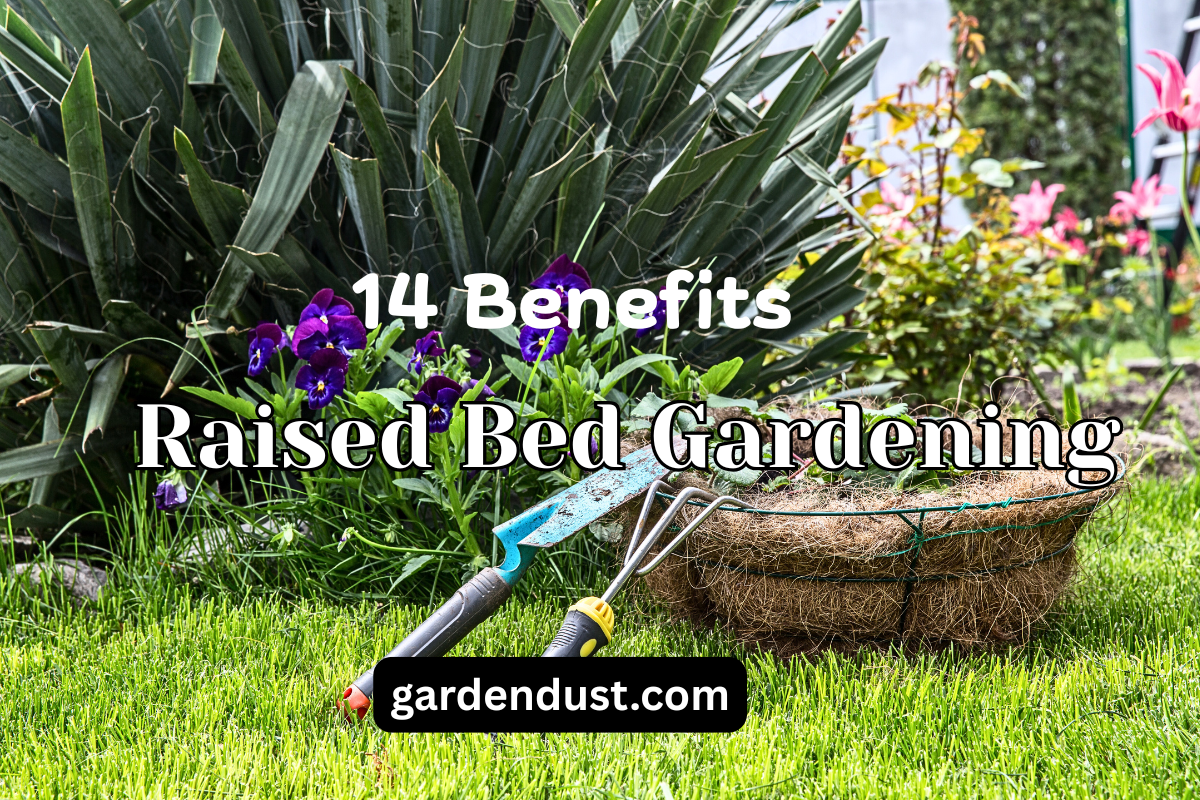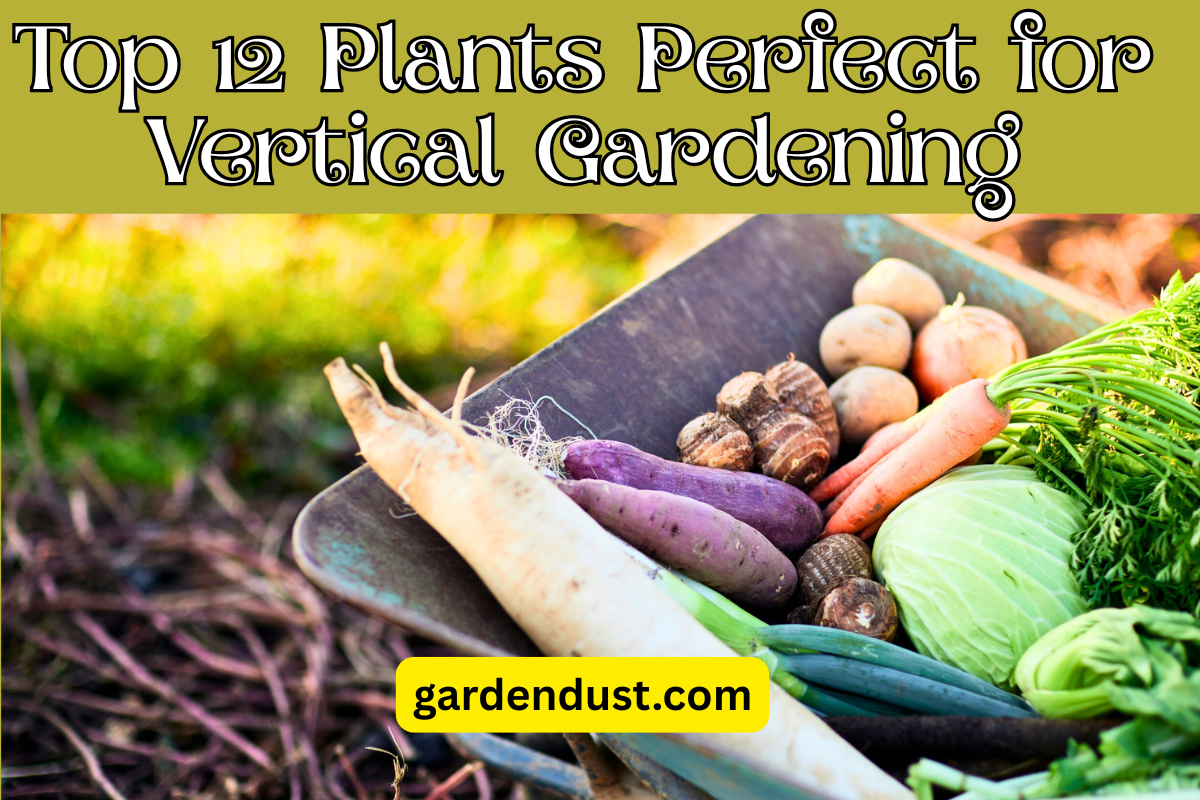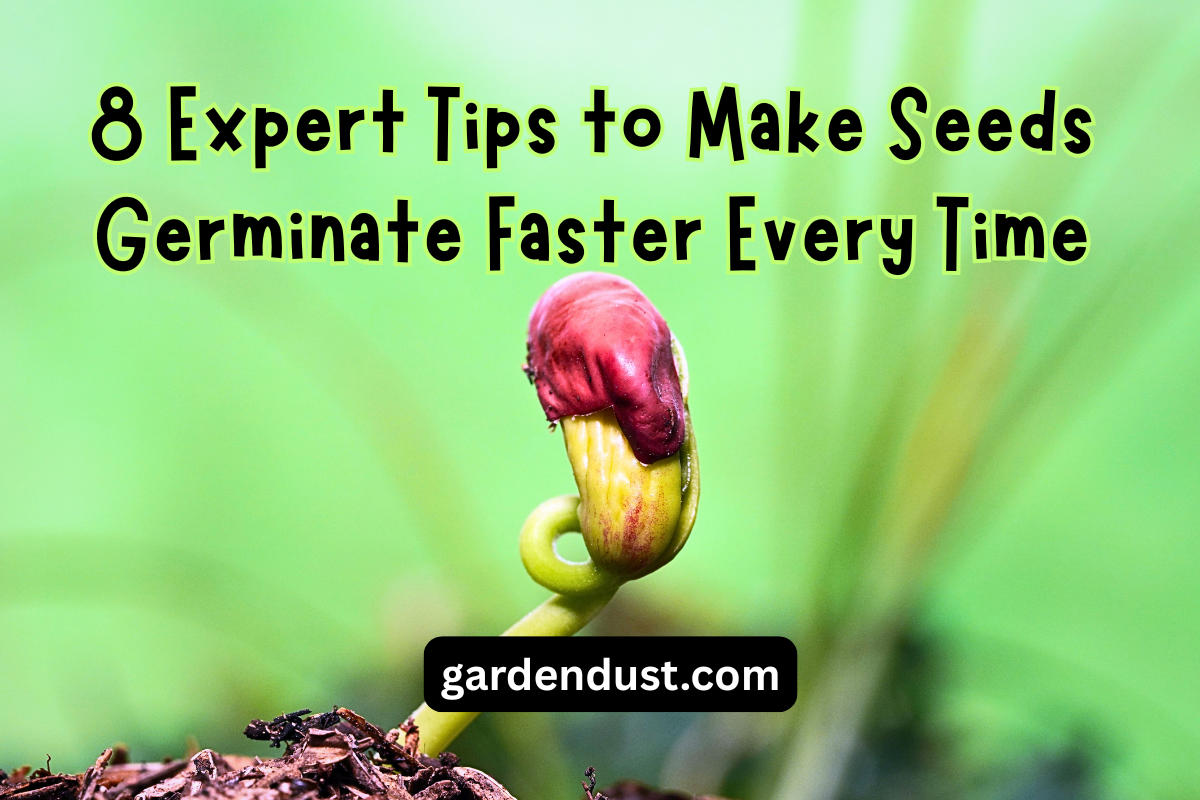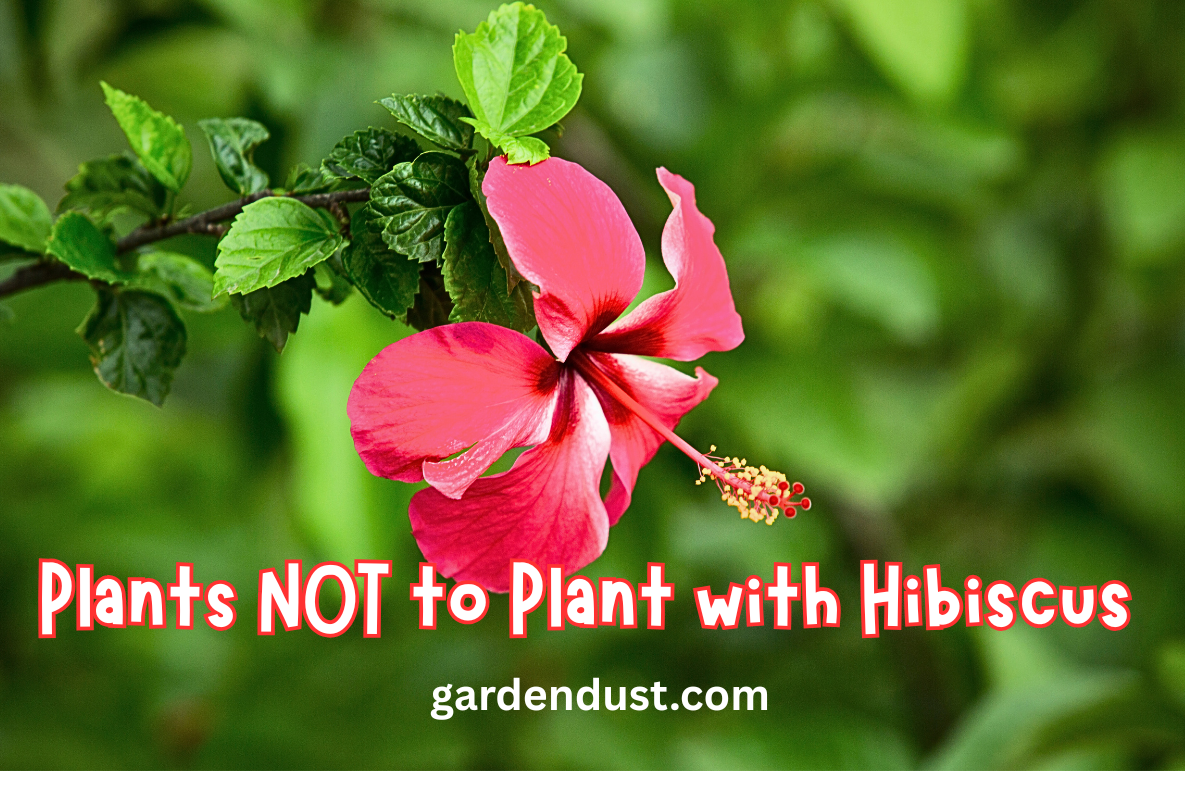Aphids are small, soft-bodied insects that commonly infest tomato plants, causing damage to the leaves, stems, and fruits. Understanding the symptoms, causes, and potential cures for aphids is essential for effectively managing and preventing their infestations. Let’s explore 6 Ways to Kill Aphids on Tomato Plants in each aspect in detail:
Symptoms of Aphids:
The presence of aphids on tomato plants can be identified through the following symptoms:
- Clusters of insects: Aphids often form dense clusters on the undersides of tomato leaves, along the stems, and near new growth. They can vary in color, ranging from green, yellow, brown, or black, depending on the species and environmental conditions.
- Distorted leaves: Aphid feeding can cause curling, yellowing, or distortion of tomato leaves. The affected leaves may appear puckered, twisted, or have a wrinkled appearance.
- Sticky residue: Aphids excrete a sugary substance called honeydew, which can accumulate on the leaves, stems, and surrounding areas. This sticky residue can attract ants and encourage the growth of sooty mold, a black fungus that coats the surfaces.
- Stunted growth: Severe aphid infestations can stunt the growth of tomato plants, resulting in reduced vigor and smaller overall plant size.
What are Causes of Aphids?
Aphids are common garden pests that infest tomato plants due to various factors, including:
Reproduction and rapid population growth: Aphids are known for their ability to reproduce quickly, with females giving birth to live nymphs. This enables their populations to multiply rapidly under favorable conditions, leading to infestations.
Attractive host plants: Tomato plants and other members of the Solanaceae family, such as peppers and eggplants, are attractive to aphids. These plants provide a suitable food source for aphids to feed and reproduce.
Favorable environmental conditions: Aphids thrive in warm, dry conditions, especially during spring and summer when temperatures are ideal for their reproduction and development.
Read Also :-Why Your Plants Have White Powder Or Spots
Prevention for Aphids
There are several measures you can take to manage aphids and reduce their impact on your tomato plants:
1.Physical removal: Begin by physically removing aphids from the affected plants. You can do this by spraying a strong jet of water on the leaves and stems, dislodging the aphids from the plant. Alternatively, you can carefully wipe them off with a soft cloth or gloved hand.
2.Beneficial insects: Encourage natural predators of aphids, such as ladybugs, lacewings, and parasitic wasps, to your garden. These beneficial insects feed on aphids and help control their populations. You can attract them by planting nectar-rich flowers and providing suitable habitat.
3.Reflective mulch: Consider using reflective mulch, such as aluminum foil or reflective plastic, around the base of tomato plants. The reflective surface can deter aphids from climbing onto the plants.
4.Insecticidal soap or oil: Apply insecticidal soap or horticultural oil to the affected tomato plants. These products suffocate and kill aphids upon contact. Follow the instructions on the product label and apply when the temperature is within the recommended range.
5.Neem oil: Neem oil, derived from the neem tree, is an organic insecticide that can be effective against aphids. It disrupts the feeding and reproductive behavior of aphids. Follow the instructions on the product label for proper application.
6.Crop rotation: Practice crop rotation by avoiding planting tomatoes or other Solanaceae plants in the same location each year. This disrupts aphid populations and reduces the risk of re infestation.
Aphids can be a nuisance and cause damage to tomato plants if left unmanaged. By implementing a combination of preventive measures, such as physical removal, encouraging beneficial insects, using reflective mulch, and considering insecticidal soap, oil, or neem oil applications, you can effectively manage aphids and protect your tomato plants. Regular monitoring and early intervention are key to preventing extensive damage and maintaining the health and productivity of your tomato plants. Happy Gardening…

